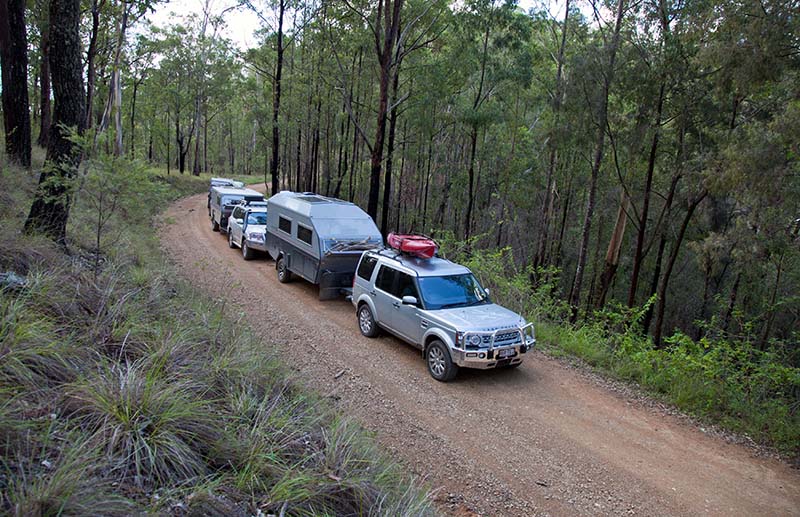Traditionally caravans have used electric actuated drum brakes, which are very reliable and offer a long service life. They are infinitely adjustable for different loads and conditions and are simple to use and maintain. They also offer very reliable braking in most conditions and can be paired with the new Alko ESC system, which provides emergency braking for the trailer in unstable situations.
Disc brakes on caravans offer an improved level of braking and are very smooth and more powerful in their operation
It is difficult to describe the difference between the two systems in terms of performance, suffice to say that the discs inspire more confidence in the driver. There is no lag in the engagement as there can be with drums that are not adjusted properly as discs are self-adjusting. There is no fade on long downhill descents as there can be with drums and for this they inspire more confidence. They also do not suffer from water ingress when fording river crossings.
On the down side of discs is that they operate two systems, an electrical circuit and compressor and a hydraulic system with many connections and the need for maintenance of the brake fluid. This introduces a level of complexity that does not exist with the drum brakes. There is still the need for a mechanical handbrake, which is offered in the Vehicle Components system. There is potential for higher pad wear than the drum brake due to increased braking pressure and smaller surface area of the brake pads compared to brake shoes in drums.
In summary I would say drums are inexpensive to operate and maintain and thousands of caravans use them to great effect. Discs offer another level of braking performance that can inspire great confidence but at a greatly increased cost and complexity.
Steve Budden

